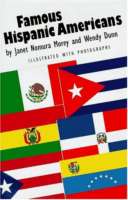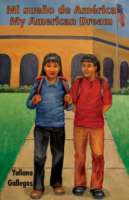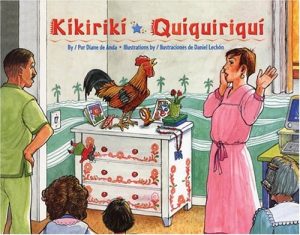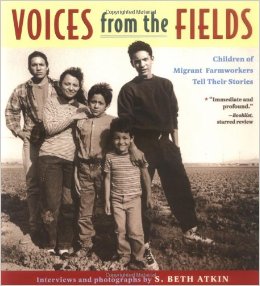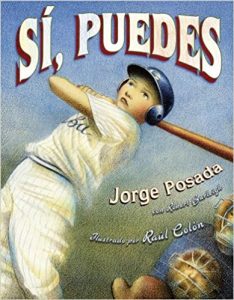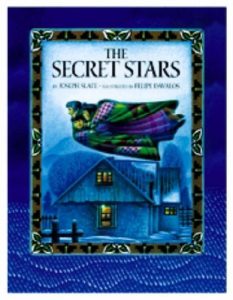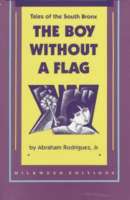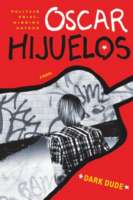
He didn’t say good-bye. He didn’t leave a phone number. And he didn’t plan on coming back – ever.
In Wisconsin, Rico could blend in. His light hair and lighter skin wouldn’t make him the “dark dude” or the punching bag for the whole neighborhood. The Midwest is the land of milk and honey, but for Rico Fuentes, it’s really a last resort. Trading Harlem for Wisconsin, though, means giving up on a big part of his identity. And when Rico no longer has to prove that he’s Latino, he almost stops being one. Except he can never have an ordinary white kid’s life, because there are some things that can’t be left behind, that can’t be cut loose or forgotten. These are the things that will be with you forever…. These are the things that will follow you a thousand miles away.
For anyone who loved The Outsiders — and for anyone who’s ever felt like one — Pulitzer Prize-winning novelist Oscar Hijuelos brings to life a haunting choice and an unforgettable journey about identity, misidentity, and all that we take with us when we run away.

